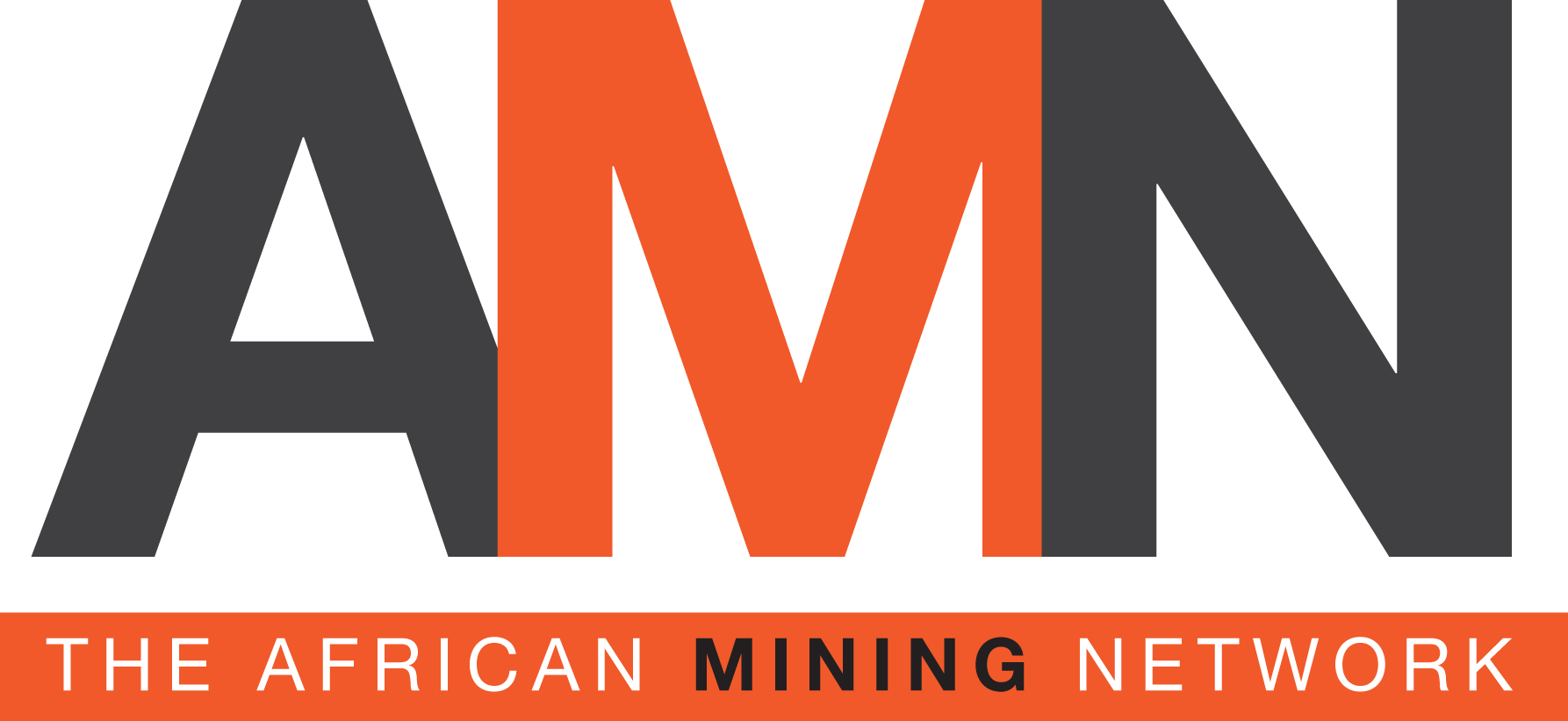- Yolanda Torrisi
- +61 412 261 870
- yolanda@yolandatorrisi.com
- Nina van Wyk
- +27 82 926 3882
- nina@africanminingnetwork.com
![]()
Government determination to encourage mining is an important forerunner to success on the continent. Zimbabwe is one country where regulators value the nation’s mining sectors, seeing them as a vital part of the economy and its future development.
Zimbabwe’s momentum for mining and its various mining sectors such as gold was evident last month in the southwest city of Bulawayo as locals and their neighbours near and far flocked to the Mine Entra Conference.
Delegates were told about 25% of government income comes from mining in the landlocked southern African nation.
Given nominal gross domestic product (GDP) in the nation is estimated at US$22.3 billion this year — that puts the value of mining at about $5.6 billion a year. Once figures are adjusted to reflect true purchasing power, or purchasing power parity (PPP), Zimbabwe’s GDP is US$41 billion a year — giving mining a US$10.3 billion true value.
Riverbank mining for the rocketing commodity of gold is gaining momentum in Zimbabwe, with more than 10 companies licensed to mine with JV partner Zimbabwe Mining Development Corporation (ZMDC) along the nation’s rivers.
The push towards legitimising riverbank mining — once the domain of artisanal or illegal gold panners — is gaining momentum with the formation of a Mines and Mining Development ministry committee to pursue the subsector’s development.
With the tragic losses of dozens of lives at Battlefields in Mashonaland West and Wanderer gold mine in Shurugwi in Zimbabwe this year, regulators are understandably set on legitimising smaller-scale mining for safe public benefit. It’s an encouraging trend I’ve noted previously when calling for us to work together on artisanal mining.
Mines and Mining Development Deputy Minister Polite Kambamura was on record last month as saying the government wanted to see its riverbed resources “systematically mined” under a to-be-established process the resources ministry would design with the help of its incoming committee.
The ministry plans to invite more companies to participate in the subsector once its management systems are in place, creating further opportunities for mining in the southern country of 16 million people.
Zimbabwe’s government is aware of where people mine for gold and some of the ways income streams have been diverted in the past to non-government coffers.
Investigators are cracking down on undeclared milling and production with a Gold Mobilisation team, challenging people to stay “online” with production counts or face being closed down.
The nation wants to build up legitimate mining to prop up its economy while avoiding the dangers of subsidence mining. It’s a noble effort and one likely to ensure future wealth for its sizeable population. As part of Zimbabwe’s effort, the government no doubt wants to maximise its returns and discourage illegal small-scale mining. It’s worth seeing how this effort goes as a model for changed practice.
Efforts to back community mining projects are an encouraging trend on the continent and one to be considered for other jurisdictions as developers both large and small work together to progress new projects for popular commodities and keep things moving so all parties benefit.
- Yolanda Torrisi is Chairperson of The African Mining Network and comments on African mining issues and the growing global interest in the continent. Contact: yolanda@yolandatorrisi.com

